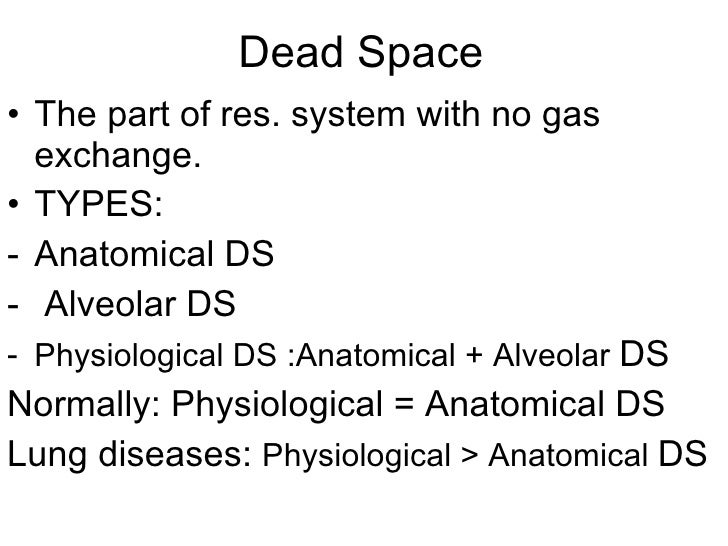
Consider a wood surface, a metallic surface, and a glass surface, and rank these in order from coolest to warmest.

Objects that fee! cooler have larger thermal conductivities. Touch a few surfaces in a room-temperature environment and rank them in order of which feel the coolest to which feel the warmest. Thermal Conductivities Substance Metals Aluminum Brass Copper Lead Mercury Silver Steel Solids (representative values) Brick, insulating Brick, red Concrete Cork Felt Fiberglass Glass Ice Hock wool Styrofoam Wood Gases Air Argon Helium Hydrogen Oxygen k ( W / m ⋅ K ) 205.0 109.0 385.0 34.7 8.3 406.0 50.2 0.15 0.6 0.8 0.04 0.04 0.04 0.8 1.6 0.04 0.027 0.12-0.04 0.024 0.016 0.14 0.14 0.023 What assumptions must be made in order to calculate physiologic dead space 1. Compared to the anatomical dead space, During disease states, physiological dead space becomes larger and is clinically important since it indicates the lung status.

This explains why we feel comfortable wearing short sleeves in a 20 ∘ C ^\\ The physiological dead space is the combination of anatomical and alveolar dead space that does not participate in gas exchange.


 0 kommentar(er)
0 kommentar(er)
